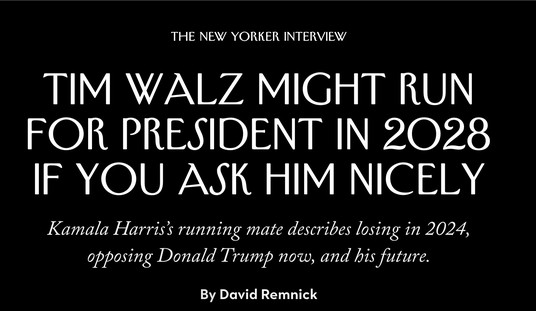Hondurans inaugurated a new president yesterday after a tense standoff between former president Manuel Zelaya, deposed by order of the Honduran parliament and Supreme Court, and Roberto Micheletti, who acted as interim president until previously-scheduled national elections could be held. For Hondurans, it was a day to look towards the future and put Zelaya’s crimes and later attempted rebellion behind them. That didn’t keep the crowd for showing its appreciation for the countries that tried to force Zelaya back into power:
Porfirio “Pepe” Lobo, sworn in Wednesday as Honduras’s president, called for national reconciliation as his ousted predecessor, Manuel Zelaya, left his refuge in the Brazilian Embassy and flew into exile. …
Mr. Zelaya’s ouster, widely condemned as a coup, plunged Latin America into a diplomatic crisis. No country recognized the new government, the Organization of American States suspended Honduras, and governments and international financial institutions canceled aid. But neither sanctions nor intense diplomatic negotiations were enough to return Mr. Zelaya, a close ally of Venezuela’s populist President Hugo Chávez, to power.
The crowd attending Mr. Lobo’s inaugural booed mentions of the OAS, U.S. Ambassador Hugo Llorens, and Costa Rican President Óscar Arias, all of whom tried to arrange for Mr. Zelaya’s return to power.
The Honduran crisis also created tensions between the U.S. and Brazil, Latin America’s emerging heavyweight. Brazil strongly criticized what it said was U.S. reluctance to apply tougher sanctions against Honduras, which depends on U.S. trade and remittances from Hondurans living in the U.S.
Llorens is especially ripe for booing at the inaugural. It was Llorens who rejected the idea of a national election last year as a solution to the crisis in Honduras. He said as much to Senataor Jim DeMint when the Senator traveled to Honduras to see whether the Obama administration had correctly analyzed the situation. In fact, Llorens’ presence at the inauguration seems singularly inappropriate, since he pushed to cancel the elections entirely until the US, Venezuela, and Brazil had forced Zelaya onto a Honduran government that had legally ejected him from office.
Lobo’s first act as president was a wise choice — a grant of amnesty to Zelaya and the Honduran military. The latter’s grant takes them off the hook for the arguably criminal act of exiling Zelaya instead of simply arresting him and holding him for trial or impeachment. Zelaya has apparently agreed to leave the Brazilian embassy, where he is still hiding, and plans to live in Mexico as long as Honduras agrees not to pursue charges.
It goes without saying that given the proximity of the national elections to the crisis, this solution was not only obvious but would have kept regional tensions at a minimum. Instead, the Obama administration inexplicably sided with Hugo Chavez and the Castro brothers and punished our ally in the region for ridding itself of a man plotting to make himself a president-for-life. This is an embarrassing diplomatic failure, and the booing in Honduras indicates that our regional allies won’t forget it any time soon.
Update: I have not been able to post about an excellent IBD editorial about Hugo Chavez and his conspiracy-mongering regarding Haiti from last week, so I’m going to link it here. Be sure to read it all, but this is the key passage:
Haitians are vulnerable now and seeking to make sense of the catastrophe. Chavez’s words try to tap into an existing Caribbean cultural undercurrent of paranoia about CIA influence to discredit U.S. help. That’s important to Chavez because U.S. aid is building vast reservoirs of goodwill in Haiti and beyond and it will come at the expense of his own.
For Chavez, the U.S. aid contrasts sharply with his own promises to Haiti he never delivered on. The sight of U.S. troops delivering aid swiftly exposes him as a blowhard who runs his mouth and breaks his word.
Domestically, it’s even worse for him: Venezuelans still remember that during 1999’s mudslide disaster on their Vargas coast President Clinton launched a disaster response similar to the one seen in Haiti, but Chavez turned away the U.S. aircraft carrier and rescuers as they were halfway there.
Any remembrance of these events burns Chavez’s influence.
Chavez is playing long ball in Latin America, and Obama should have known better than to abet it in Honduras.








Join the conversation as a VIP Member